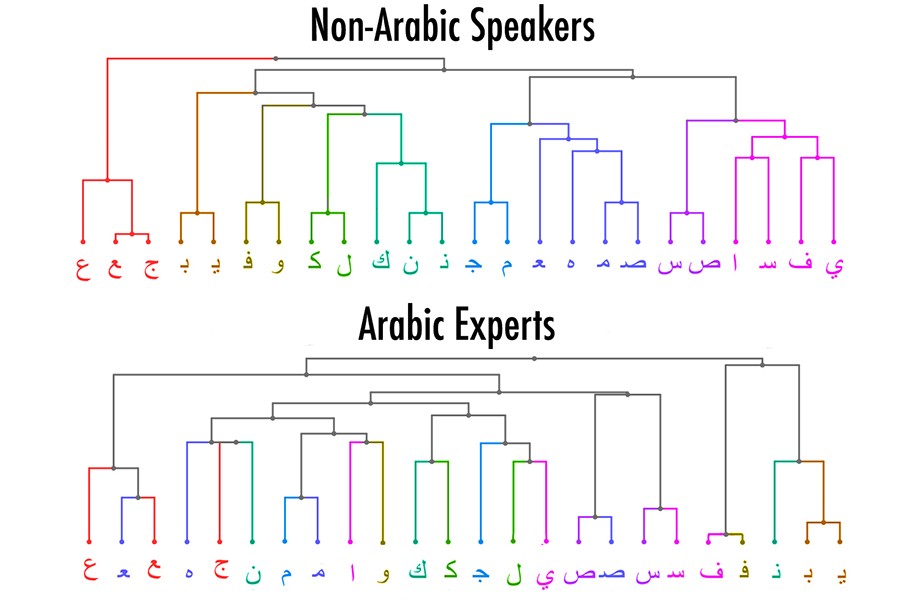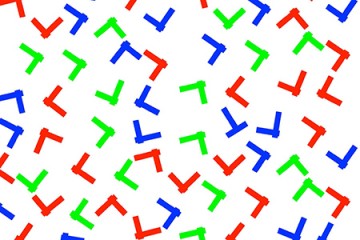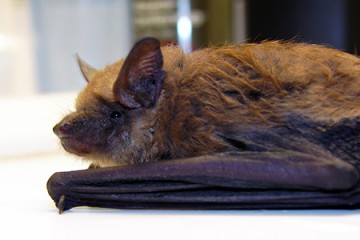Objects—everything from cars, birds, and faces to letters of the alphabet—look significantly different to people familiar with them, a new study suggests.
Using the Arabic alphabet as a frame of reference, Johns Hopkins University researchers studied how experts in the language and novices viewed various letters and found clear evidence that visual processing is influenced by experience. Their findings are published online in the Journal of Experimental Psychology: Human Perception and Performance.
"You might assume we have basic vision machinery and that you could detect features of different letters even if you didn't know the language. But that's not the case," said senior author Brenda Rapp, a professor in the university's Department of Cognitive Sciences. "What you know affects how you see things."
Researchers—including lead author Robert W. Wiley, a postdoctoral student in Rapp's lab; and Colin Wilson, associate professor in the Department of Cognitive Sciences—studied a group of 25 experts in Arabic and 25 people who didn't know the language. The team showed the participants 2,000 pairs of letters, one pair at a time, and asked them to determine if the letters were the same or different. The answers were measured for speed and accuracy.
Novices were quicker to differentiate letters, but experts were more accurate. Yet the more features a letter had, the slower the novices were. Experts were just the opposite—the more horizontals, whorls, and curves a letter had, the better they were at distinguishing it.
The team also analyzed the results using hierarchical clustering to determine which letters looked similar to novices and which ones looked alike to experts. Everyone tended to agree on the relationships between certain letters, but there were stark, surprising divergences.
The pairs that tripped up people who weren't proficient in Arabic tended to look nothing like the ones that confused the pros. Experts were biased by non-visual things they knew about the letters, like the names of the letters, how they are written, or the way they sound.
"When you become an expert in reading an alphabet, what does that change? Does your visual system see the same thing as a beginner? We say no," Wiley said. "If you're an expert, things that look complex to a novice look simple to you."
The findings should apply not just to letters, but to anything we see.
"What we find should hold true for any sort of object—cars, birds, faces. Expertise matters. It changes how you perceive things," Wiley said. "Part of being an expert is learning what matters and what doesn't matter—including visual features. You know what to look for."
Posted in Science+Technology
Tagged brain science, cognitive science










